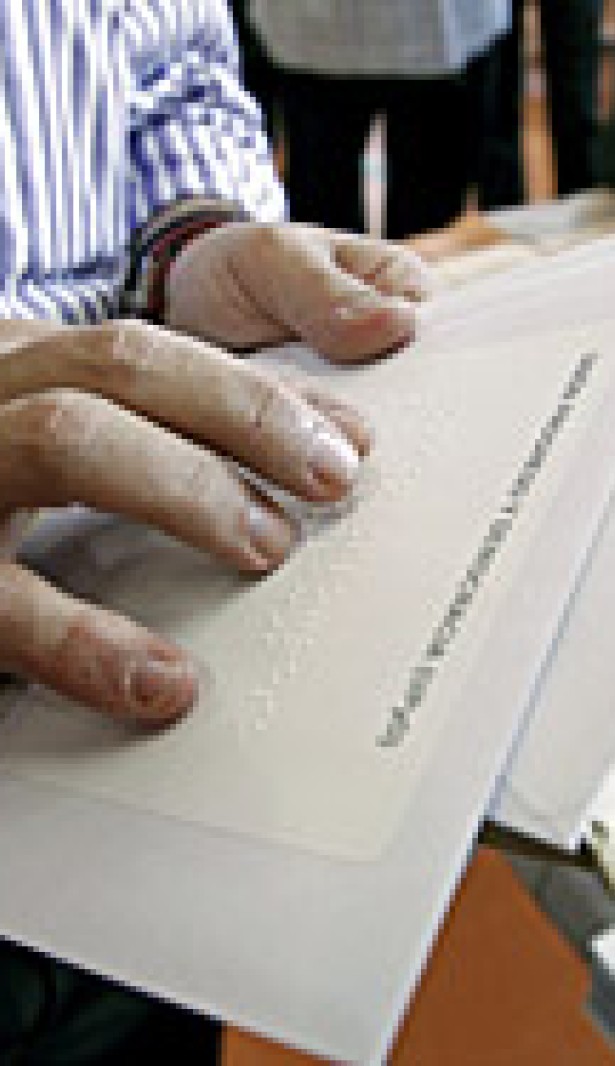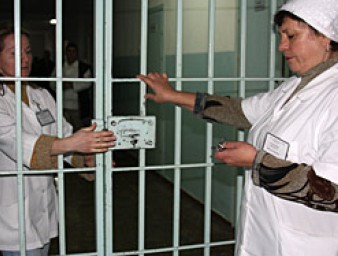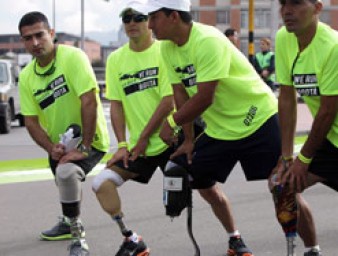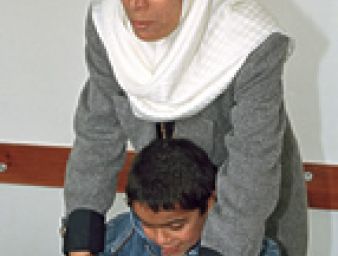A right to choose for persons with disabilities
06 March 2012
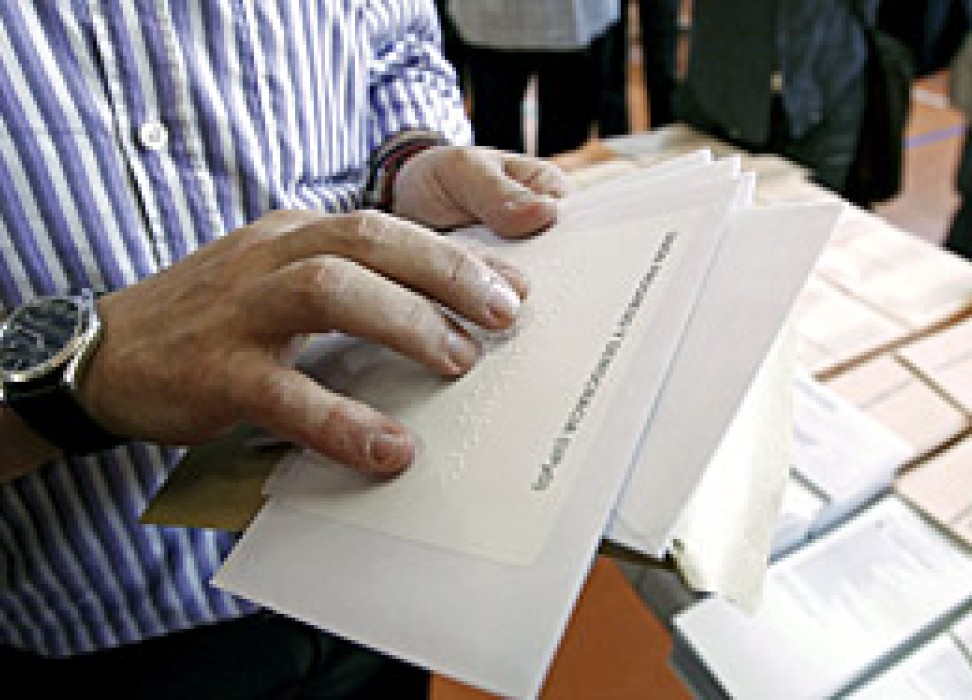
“The right to political participation lies at the heart of democracy. It means taking part in decision making on public issues, it means true citizenship and equality. The history of this human right reveals a development from exclusion and denial to gradual recognition of universality and indivisibility,” said Theresia Degener of the Committee on the Rights of Persons with Disabilities. “It is remarkable that it took history until the 21st century to finally extend this right to disabled persons.”
The Convention on the Rights of Persons with Disabilities (CRPD), which requires States parties to promote and protect the political rights of persons with disabilities, heralds a new era for their political participation on equal basis to others in the societies in which they live.
A study by the UN Human Rights office, which was presented at an expert panel during the 19th session of the Human Rights Council in Geneva, uncovers that the majority of States which have adhered to the principles of the CRPD still exclude or restrict the political rights of people with disabilities based on their disability. However, States are required to take appropriate measures to promote an environment in which they can fully take part, directly or indirectly, in the government of their countries, without discrimination and on an equal basis with the rest of the population.
The UN Human Rights Chief, Navi Pillay, noted that universal ratification and effective implementation of the Convention will contribute to ensuring the equal and effective enjoyment of political rights by all persons with disabilities.
“As the principal UN human rights institution, the Council is perfectly positioned – and indeed expected – to highlight obstacles and identify possible measures to strengthen the political participation of all persons with disabilities in line with the Convention,” she added.
The study further reveals that in some countries, people with psychosocial and intellectual disabilities cannot vote and be elected because they were declared legally incapable to do so by a court, or are presumed to be easily manipulated.
“The right to cast a vote freely implies by definition that there is no requirement that citizens must exercise this right in a certain way. There are no, and cannot be, any clear and objective criteria for casting a vote based on reason or knowledge,” said Shantha Rau Barriga of Human Rights Watch. “So why are we holding persons with disabilities to an artificial standard that does not apply to anybody else? Already in any election, people vote for a range of reasons, for example that they find a candidate handsome. Some publicly state their intention to vote for candidates randomly or to write in fictional candidates.”
States must take measures, in consultation with people with disabilities themselves, to fully include them in society and provide them with the support they may need in exercising their political rights. This however, should be done while promoting their autonomy and dignity. Alternative ways of voting, such as postal voting or special voting stations, should only be used in cases where it is impossible, or extremely difficult, for persons with disabilities to vote in polling stations like the rest of the population.
Best practices were highlighted by panellists including the cooperation between organizations of persons with disabilities and electoral commissions that work together to change practices, write guidance materials, conduct trainings and monitor the accessibility of elections.
“Ensuring the right to political participation for people with disabilities requires not only legal reform in countries around the world, but even more challenging, the CRPD requires us all to shift our thinking about people with disabilities – as equal citizens deserving dignity and autonomy to make their own decisions,” Barriga said.
The panel on the political participation of persons with disabilities was webcast with live captioning and sign-language interpretation.
6 March 2012
